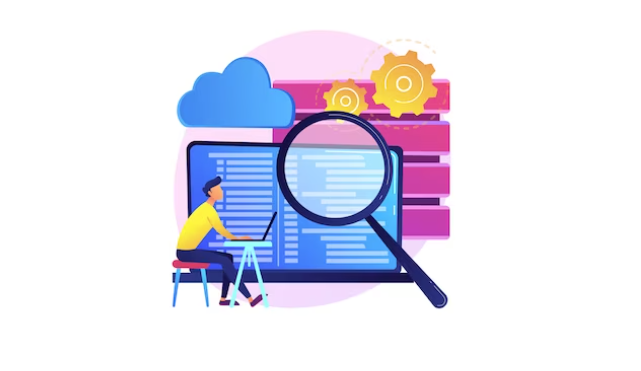What is a Proxy and How Can it Help with Google Scraping?
A proxy is a type of server that acts as an intermediary between the user and the internet. It can help with Google scraping by providing a secure connection to access the web, protecting your IP address and allowing you to bypass any restrictions or blocks that may be in place. With the help of a proxy, you can easily access Google’s search engine and extract data from it without having to worry about being blocked or detected by Google. Additionally, proxies provide an extra layer of security when it comes to data extraction, as they hide your IP address and make it difficult for anyone to track your activities online. Proxies are also useful for accessing geo-restricted content, allowing you to access content that would otherwise be unavailable in your region.
How to Use Proxies for Effective & Safe Google Scraping
Google scraping is a great way to collect data from the web. However, it can be difficult to scrape Google without using proxies. Private proxies, like https://proxy-sale.com/en/ sells, secure proxies and rotating proxies are all essential components of effective and safe Google scraping. Private proxies provide anonymity while secure proxies protect against malicious attacks. Rotating proxies allow you to scrape multiple sites with the same IP address and ensure that your requests are not blocked by Google’s anti-scraping measures. With these tools in place, you can safely and effectively scrape data from Google without any risks or security concerns.
Types of Proxies Used in Google Scraping
Proxies are an important tool for anyone looking to scrape data from Google. Residential and datacenter proxies are the two main types of proxies used in Google scraping. Residential proxies are IP addresses assigned to actual homes, while datacenter proxies are IP addresses assigned to servers hosted in a data center.
Residential proxies provide more anonymity and better performance when scraping data from Google, as they appear to be coming from real users with real IP addresses. Datacenter proxies, on the other hand, offer faster speeds but less anonymity since they appear to be coming from a single source. Both types of proxies can be used for Google scraping, but it is important to understand their differences before making a decision on which one is best for your needs.
Tools & Services Available to Help You Easily Set Up Proxies For Google Scraping
Proxies are an essential part of any successful Google scraping project. They allow you to bypass the IP address restrictions imposed by Google, and they can also help you stay anonymous while you scrape data. Thankfully, there are a number of services and tools available that can make setting up proxies for Google scraping much easier.
These proxy service providers offer a range of features that can help you set up proxies quickly and easily. From automated proxy setup services to custom configurations, these services have everything you need to get your scraping project off the ground. In addition, many of these services also provide additional features such as IP rotation and data security measures to ensure your data is kept safe from prying eyes.
Best Practices to Follow When Using Proxies For Google Scraping
Proxies are a great way to scrape data from Google without being blocked or detected. They allow you to remain anonymous while you’re scraping, and they can also help you bypass geographic restrictions. However, it’s important to be aware of some best practices when using proxies for Google scraping.
When selecting proxies for your Google scraping project, it’s important to make sure that the proxies are reliable and secure. You should also make sure that the proxy provider offers support in case something goes wrong with your setup or if you have any questions. Additionally, it’s important to use a variety of different IP addresses when scraping so that your requests don’t appear suspicious. Finally, it’s always a good idea to test out your setup before beginning the actual scrape.
By following these best practices, you can ensure that your proxy setup is secure and effective for Google scraping.

